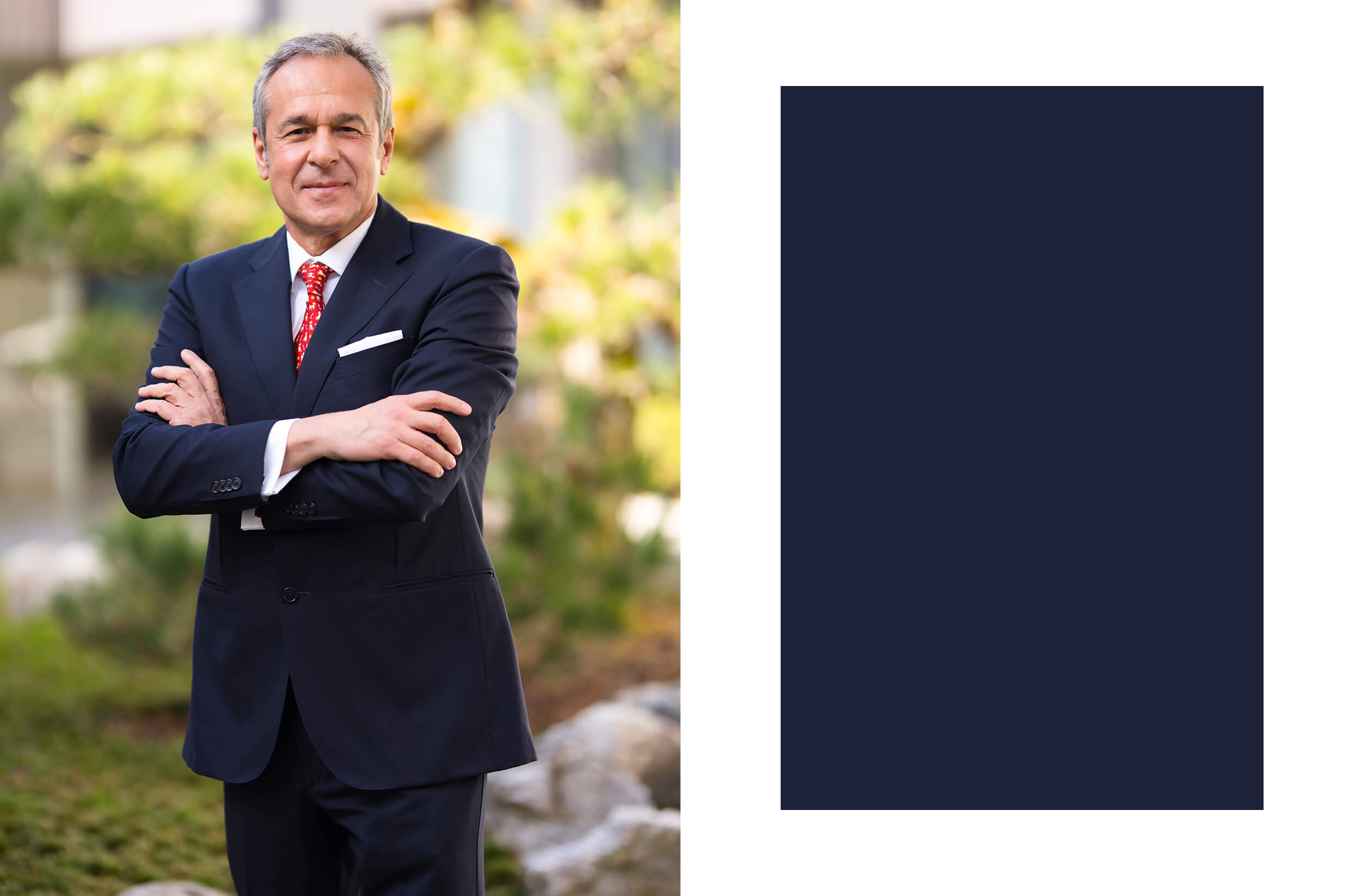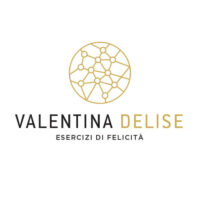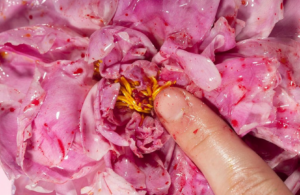Sometimes it happens to me that I go to a place—like a city, or even just a room I’ve never been in before—and I suddenly feel different. In a thousand different ways and with a thousand different nuances each time, but I feel as though something inside me is shifting, in tune with a new sensation.
That’s exactly what happened to me when I stepped through the doors of L’Albereta—a magical place, full of peace, greenery, fragrances, and thoughts that begin to wander.
At L’Albereta Relais & Châteaux, we had the privilege of meeting Dr. George Gaitanos, Chief Operating and Scientific Officer at Chenot. Chenot’s mission is to help those who come to L’Albereta achieve a life where energy, vitality, and harmony are always present in the body, mind, and soul of each individual. It’s a true education in becoming aware of the body-mind unity, and an opportunity to understand how, through scientifically proven methods, we can improve our quality of life.
But it’s not just about detox—there are emotions here too, which act as a backdrop the whole time, and send you home with something you wouldn’t have expected: a desire to challenge yourself (and a bit of relaxation).
I talked with Dr. Gaitanos about all this, but also about longevity—what it truly means—about empathy and mindfulness, and about the real meanings of all these words that have taken on new depth.
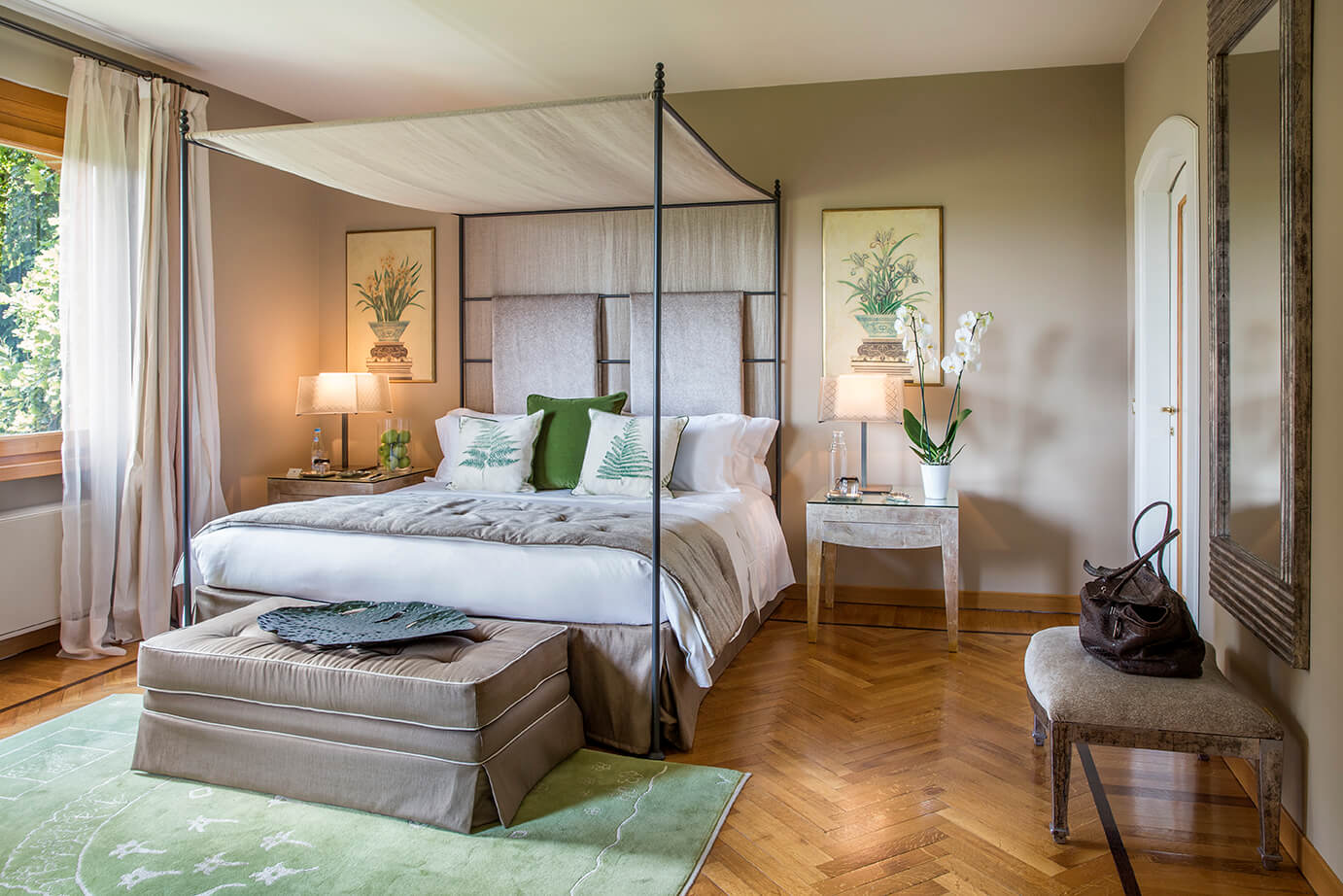
I found what you said at the talk very interesting. You explained longevity in a whole different way compared to what we keep hearing around.
You know, longevity is a new buzzword; everybody’s talking about it. Obviously, it’s important to live longer, but what really matters is how you are living. Longevity is a nice word, but the key focus here is health span, how you keep your functionality, your resilience. You know, aging is a very dynamic process: you can reshape it, you can manipulate it, if you like, you can reverse the age you are inside. This is very significant because when you do that, you’re also improving your health outcome, and you can live healthier for longer, and I think that’s the key here.
And you also said that when you are independent, you can do all the things that make you happy.
Exactly. If you have no functionality, you have no independence, you become unhappy. Why do you become unhappy? Because you don’t do the things you like, and therefore, what’s the meaning of life? The whole idea behind this is that you need to give meaning to time, and I think if you’re not giving meaning to time, what is life all about?
Longevity is a concept that goes beyond health: we talk a lot about our health, but we are a complex system as humans, we live in a very complex system, which is called the environment, so how can you be healthy if your environment is not healthy? And of course, there’s climate change to take account of: the oceans are rising, ice is melting, there’s carbon dioxide, and all these kinds of things do affect our health. The reason we are living longer now is because of medical intervention – you have a problem, they fix it with medication, drugs, which keep us going.
I don’t think we will eventually be able to extend our lifespan. I think we are designed to live 115 years maximum. Some people have lived longer, that’s true, but in general, we need to work hard to improve our health span, to multiply the years of healthy life we can live.
I define longevity as lifetime happiness and well-being – I will live up to whatever age, but I want to be happy, I want to feel well, I want to die in wellness, I don’t want to die with a health problem because if I’m to live up to 90, or to 100, hopefully, I don’t want to spend my last 20 years in a hospital bed. Of course, if we have a health disease, we need to accept it, because that is aging, you know – aging is the root cause of all the conditions we’re suffering from. Anyway, if I have a disease, I want to manage it and still be able to enjoy life. So, longevity is the vision, the way we see our future.
I think it extends from us to our society. Imagine, for example, your child co-existing with somebody who will be 110 years old – this means that in one city, there will be multi-generational people, from 0 to 20 to 110-year-old people, therefore, heterogeneous groups of people that you need to homogenize in one big city. This means that in the future, the design of the cities will be very important, and society’s structure will become very important as well.
We all talk about longevity, but longevity has consequences.
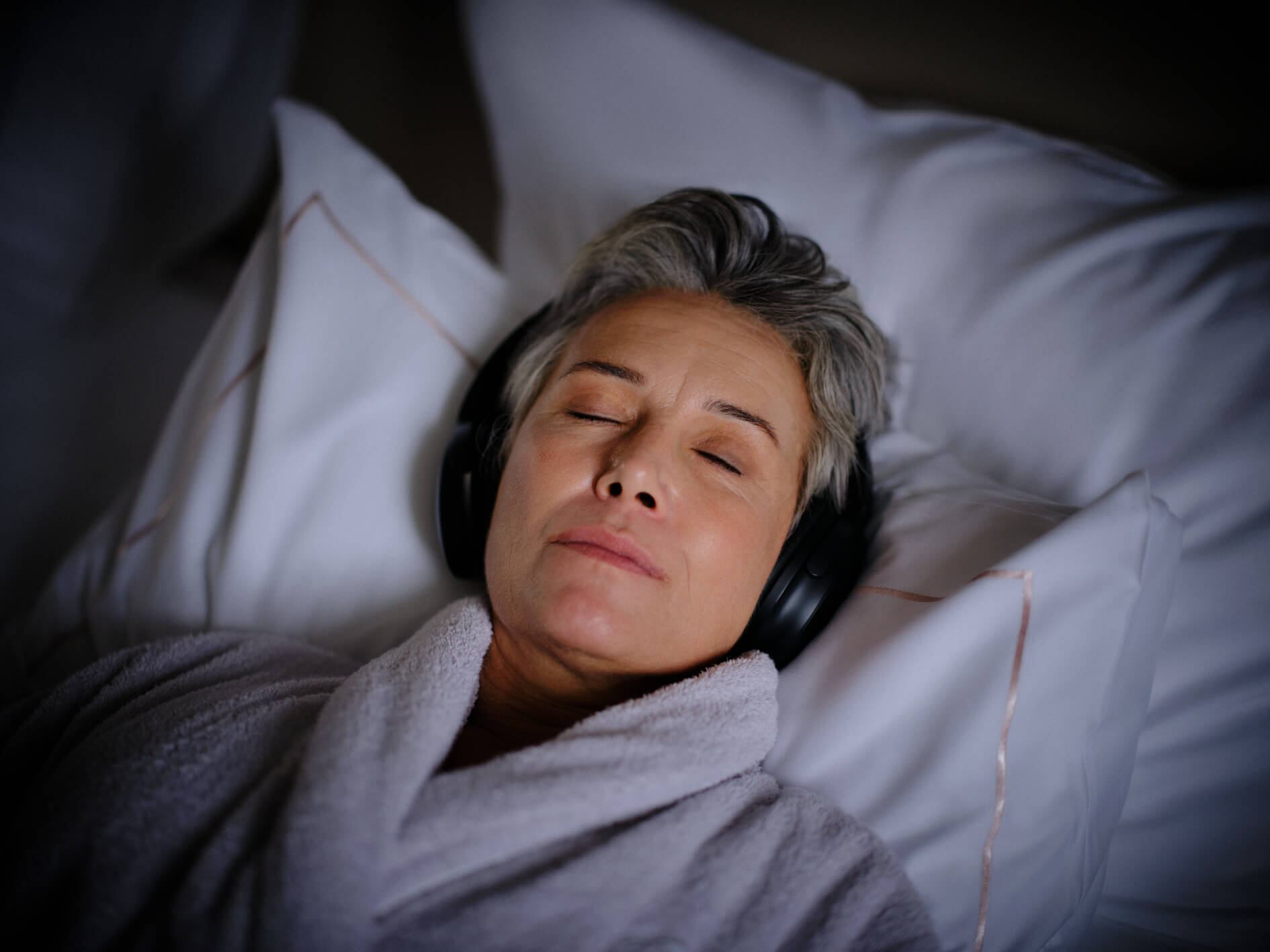
“I define longevity as lifetime happiness and well-being”
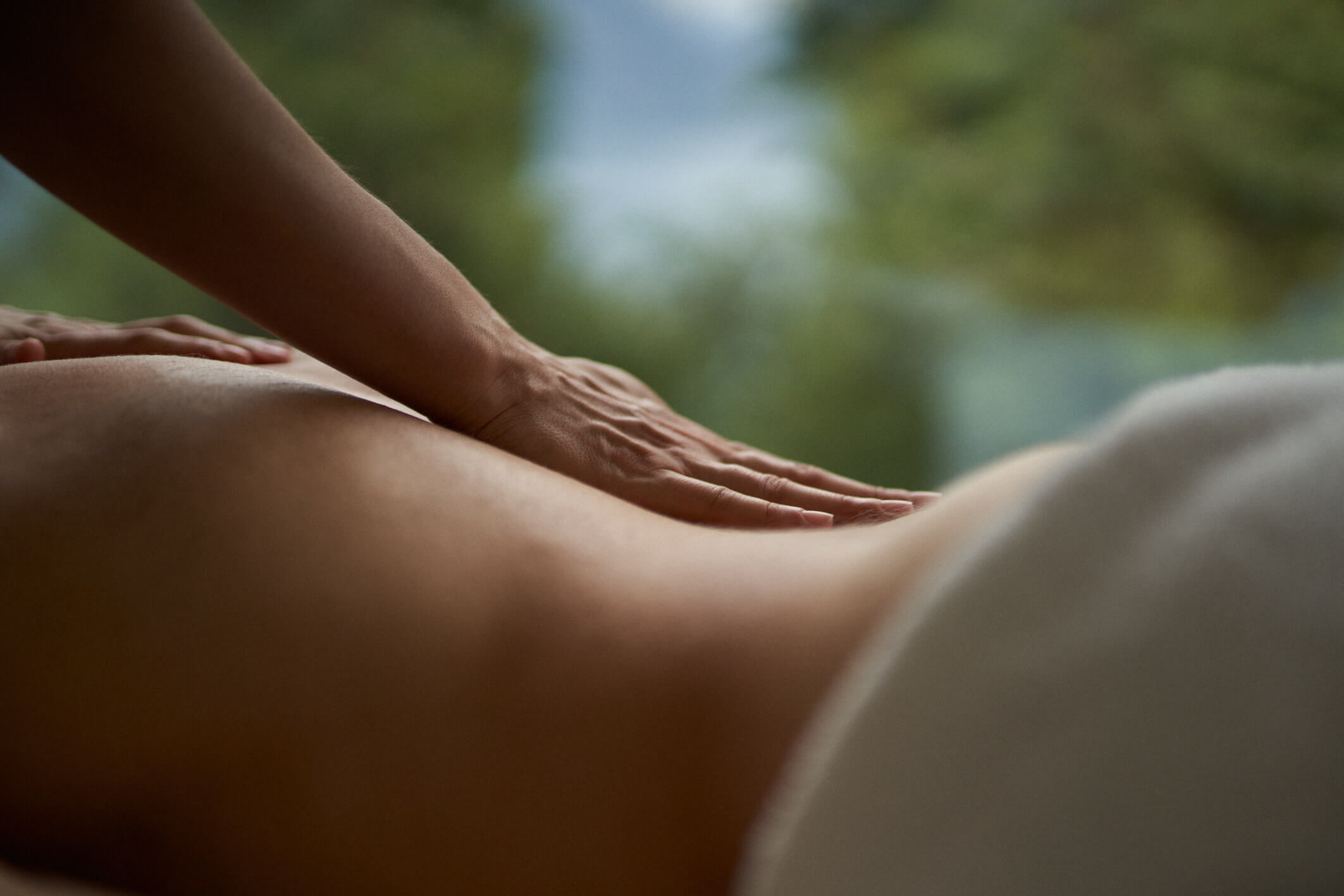
You also said that being here at the Albereta and doing the Chenot Method is like a “pit stop in our life”.
Yeah. Who’s the doctor here? The doctor is us, the people, the individual. And what is your medicine? It’s your lifestyle, because these are the only tools you have.
So, if you want to find a balance, harmony within the body, you need to be happy doing the right things, so that your genes pick up good signals. And these good signals are the signals that make you successful in life. We shouldn’t be motivated by the desire to avoid diseases; we should be motivated by the desire to have a happy, successful life over a long period of time.
I believe that what we need to do is prioritize our lifestyle inputs in a way where our body receives good signals – when our internal medicine takes over, it processes all these good signals and gives us a good outcome. So, I think socializing, having friends, laughing, eating good food, visiting our grandparents, and those kinds of things are very important. You know, we tend to think that being physically active, prioritizing ourselves, and managing our body is very difficult in our mind: this is because we let life take us instead of managing it. It’s our life, you know? It’s us that we need to prioritize over anybody else. In a way, we need to be a little bit selfish, doing the things that we like, enjoying the people we like.
We’re social beings, we discovered fire. The meaning of fire is very important – unlike other animals, with the fire, we get all around together. Food, entertainment, dancing, sex, everything was done around this moment centuries ago, and that’s why I’m a firm believer of the importance of dinner, food, cooking. That’s a time when your body needs a reward after a hard day’s work and when we all should be sitting around a table and eat all together as a family. Eating alone is not the same.
You know, a few minutes ago my husband texted me asking, “Are you relaxing?”. Yes, of course I’m relaxing, but also, I think this day and a half hit me in a special way. I know that here there is something important going on and I think that I need to make some changes in my life, with my mental health, or with my health in general because, like you said yesterday, body and mind are the same.
I’m very happy this was meaningful to you. Let me tell you, all we need is the doctors to be inspirational. Doctors communicate numbers, but I’m a human, I don’t want to be defined just by numbers, I have emotions. So, what’s important is for a skillful doctor to take all these numbers of data and create inspiration for you. So, you start engaging into new habits, create a new health identity.
Change is good and very important, and when we get out of our comfort zone, in the beginning, it creates some kind of sadness because we go far away from what we know, but eventually you get better.
Additionally, you said that you feel relaxed and pampered, but remember relaxation is not synonym to recovery. Relaxation means I’m not using the energy, while recovery means I use energy, so there’s a huge difference between the two. With our detox program we are trying to help your body to get energy and to put energy back into the system. To do that, we need to stress you because when the body is stressed, it is getting better. A simple example of this is exercise: you stress, you get fitter, you run faster.
You also said that it is really important here to have conversation, but like you said, for the doctors, we are just a number…
Yeah, they don’t really talk to you or explain things to you, really.
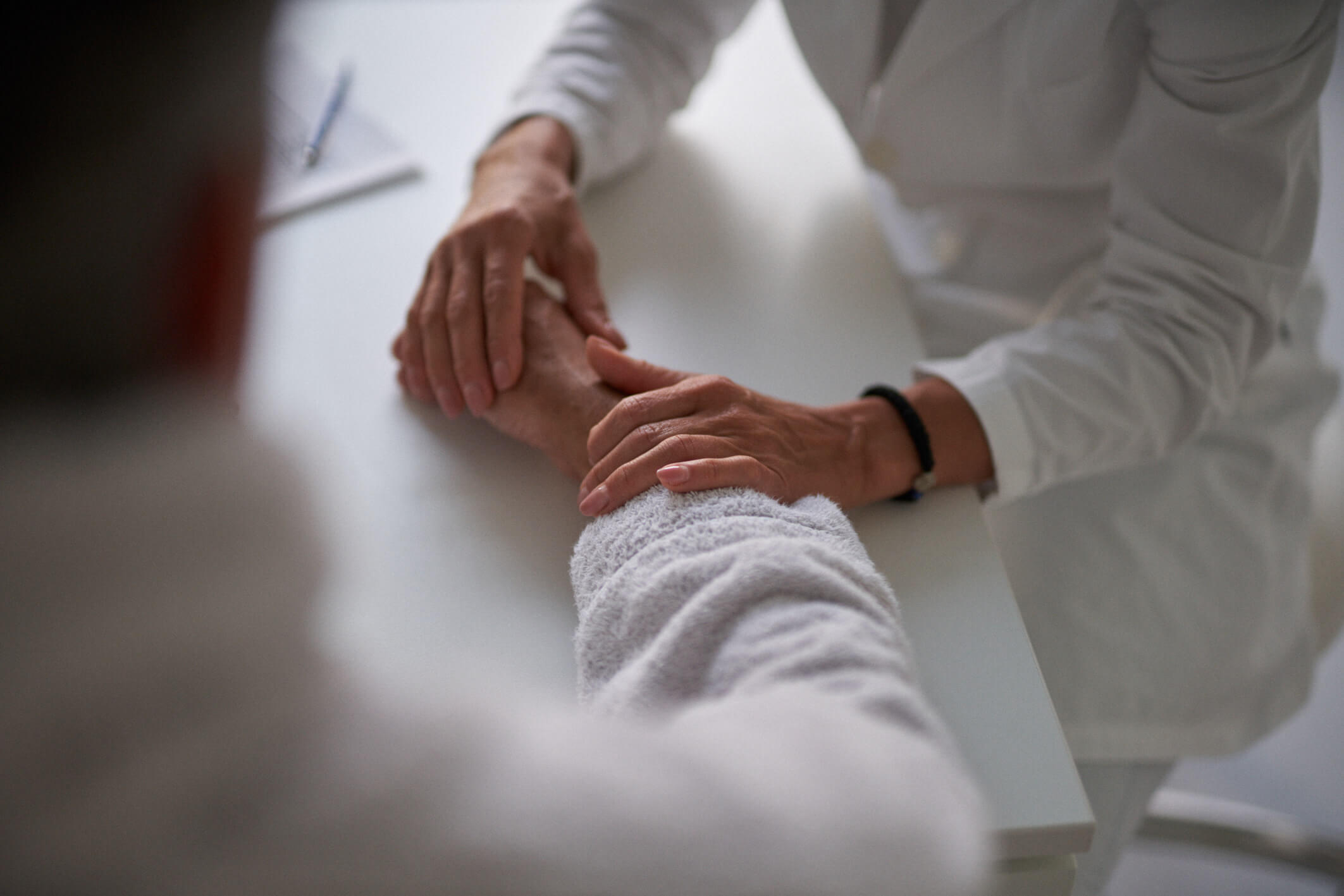
But I think you need to be empathetic.
Yes, of course, compassion is an art, and I try to have empathy and compassion all the time, so that people learn things, you know?
You always define your health by the level of how you function physically, mentally, and also emotionally – you know, happiness is a very big thing. As I said in my talk, if I ask doctors “How do you measure a healthy life?” nobody would be able to tell me what is normal or what is pathological. Every person is different: you diagnose two people, and you have the same result, but two different outcomes. So, at the moment we fail, we’re not yet able to personalize, but only to consider group data and refer this group data as an absolute to a person.
But we’re not all designed the same, and that’s the problem.
When I do consultations, I look at the numbers of course because I need to put you into perspective, but to me, the most important part is the conversation. When you talk, first, you establish trust. And then what do you do when you trust me? You open. So, I get to know everything about you because you feel free to talk to me about all kinds of things: your sleep, the way you eat, your weaknesses, your sex life, the way you think. So, I get a huge picture of you and have it in front of me, and then we start discussing what you can do and what you cannot do and why. We need to go towards this kind of direction and then define your plan of action, your longevity plan in the environment we are, and then we create what is ideal because ideal is only what you can do forever.
You are a person, you have your personality, you have weaknesses and strengths, and you need to balance them because even if you manage to achieve a goal – becoming who you want to be, for example – you’re creating stress in the body because you are not designed to be that. If something is not easy, it’s stressful for you, and if you achieve is without joy, without happiness, you are not doing it well.
We’re not all the same, and sometimes in our society, we stigmatize things. Body weight, for example, is stigmatized, but there are fat people who very healthy, even healthier than thin people. Today we know, scientifically speaking, that a lot of people are “designed” to be overweight – why tell them that they need to look some other way? We are all used to think that we have to be a certain way, and this is a society problem, also coming from fashion.
I have one question for you: what is mindfulness?
Maybe it means to be aware of myself, to accept yourself.
Yes and to be aware of what is happening around you. I don’t think it’s really about focusing, as most people think, it’s rather about noticing. If you are mindful, you understand, because when you notice things, you observe them and therefore understand them. You know, sometimes when I give a lecture, the next day, I ask people what the last thing was I said in my lecture, and nobody remembers. This means they were not noticing what I was saying, so, they were not mindful, they were mindless.

Thanks to Maicol Zambotti.
Thanks to L’Albereta Relais & Châteaux.

